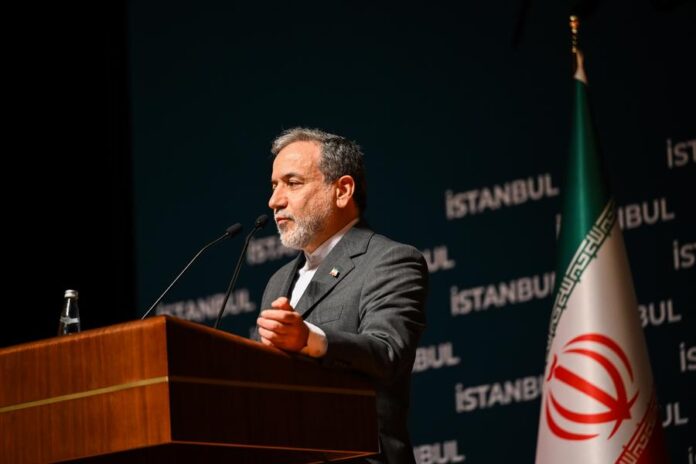After a brutal military escalation with Israel and covert American strikes on its nuclear infrastructure, Tehran has now agreed to resume diplomatic talks. The stage is Istanbul. The timing is crucial. The motives, ambiguous at best.
Iran nuclear talks resume: A calculated move or a tactical bluff?
One month after the so-called “Twelve-Day War,” Iran has accepted to reopen negotiations over its nuclear programme with the E3 (France, Germany, and the United Kingdom). The talks, set for July 25 in Istanbul, were confirmed by Iranian state television on Monday. This reopening, triggered by European insistence, comes after unprecedented Israeli airstrikes and U.S. missile involvement, marking a dramatic escalation in the region’s latent cold war.
Dissecting the Signals: A realist view
European diplomacy as coercion in disguise
Behind the calls for “dialogue” lies the thinly veiled threat of the snapback mechanism. European capitals, frustrated by Iran’s enrichment levels and emboldened by Washington’s renewed hawkish stance under Trump’s return, are now dangling the prospect of reimposed UN sanctions. It’s less about diplomacy and more about leverage, thinly dressed in the robes of negotiation.
Iran: posture of openness, heart of resistance
Foreign Minister Abbas Araghchi’s statements on X (formerly Twitter) were framed with ambiguity: “Iran has shown it can resist, but remains committed to real, reciprocal diplomacy.” Tehran’s messaging is layered: it offers dialogue, yes, but with the implicit warning that it is not coming to the table weak. The talks are framed as strategic theatre, designed more to pause escalation than resolve the nuclear impasse.
Russia’s double game: ally, broker, opportunist
In a move cloaked in diplomatic subtlety, Vladimir Putin held an unannounced meeting with Ali Larijani, senior adviser to Supreme Leader Khamenei. According to the Kremlin, the exchange focused on “regional stability” and the “political resolution of the nuclear file.” Yet Moscow has refused to openly back Tehran’s retaliatory strikes or directly condemn Israeli or American actions. Russia is managing the crisis, not resolving it, while securing its foothold in the Middle East’s shifting alliances.
Snapback threat: a tool of control, not law
The 2015 nuclear deal (JCPOA) is barely holding together. The U.S. pulled out in 2018 under Trump, and re-imposed devastating sanctions. Now, in 2025, the E3 is threatening to trigger the “snapback” clause unless concrete progress is made in Istanbul. Tehran has already dismissed this as legally and morally void. The question is no longer whether the agreement can be revived, but whether it was ever meant to survive a real balance of power.
Final thoughts
That Iran nuclear talks resume is, in itself, a diplomatic anomaly after the scale of the recent military confrontation. It’s less a sign of conciliation, and more a well-calculated move by Tehran to delay Western escalation while regrouping politically and technologically. On the other side, Europe wields the snapback threat like a loaded pistol, hoping Tehran will blink. But as past negotiations have shown, when pride, sovereignty, and uranium collide, diplomacy often dies in the shadow of the next strike.



